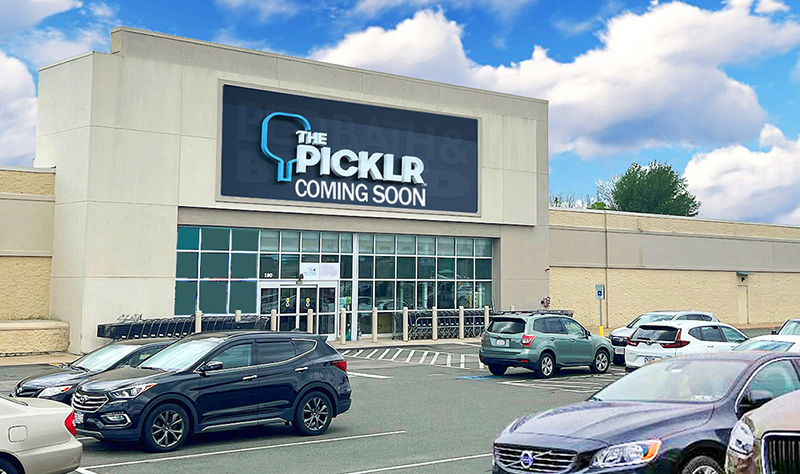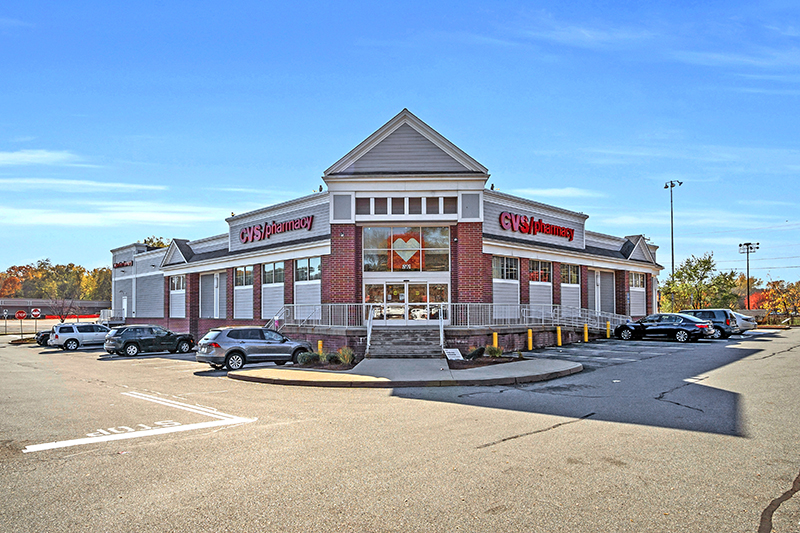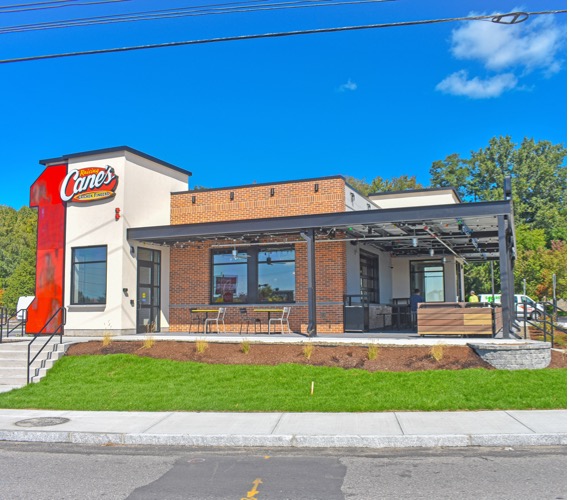News: Retail
Posted: March 26, 2008
Hyatt Regency Boston, a 500 room hotel, earns Energy Star award
Hyatt Regency Boston is a proud recipient of the U.S. Environmental Protection Agency's (EPA's) prestigious Energy Star, the national symbol for protecting through superior energy performance. Hyatt Regency Boston joins approximately 3,200 buildings nationwide that have earned the Energy Star rating. The Hyatt is located at One de Lafayette Ave., and provides 500 guest rooms in its 450,000 s/f building.
By earning the Energy Star, Hyatt is using about 35% less energy than average buildings, while still providing quality service and comfort to occupants. Hyatt lowered energy costs by making cost-effective improvements to the building, and reduced greenhouse gas emissions.
"Hyatt Regency Boston is proud to accept the EPA's Energy Star in recognition of our energy efficiency efforts," said Philip Stamm, general manager. "Through this achievement, we continue to demonstrate our commitment to environmental stewardship while also lowering energy usage."
Organizations earn the Energy Star by using EPA's national energy performance rating system to generate energy-efficiency ratings for their buildings, on a scale of 1 to 100 relative to similar buildings across the country. The rating system is available for office buildings, schools, dormitories, hotels, hospitals and grocery stores, among other commercial buildings.
To earn the Energy Star, Hyatt took the following actions:
Green initiatives include "The Guestroom Green Program," in which guests automatically participate. In an effort to conserve water, this proactive program allows guests to reuse linens and towels unless they call housekeeping to have their towels refreshed. For the guests' convenience, the hotel staff takes on the responsibility of recycling everything from paper and plastics to cardboards, cans and bottles. Other initiatives include, but are not limited to:
*Composting food is taking place in the hotel kitchens in an added effort to give back to the environment. The food is becoming fertilizer to grow organic foods;
*Over 95% of the hotel lights are energy efficient;
*Motion detector light switches have been installed in all hotel storage and meeting rooms;
*All guest rooms are equipped with programmable digital thermostats that are interfaced with the hotel's property management system, therefore the thermostats turn on only when the room is occupied;
*Hotel information is disseminated via e-mail instead of paper distribution;
*All ice machines and kitchen refrigeration units are air cooled;
*All showerheads are 2.5 gallon per minute maximum discharge;
*All guest room faucet aerators are 2.0 gallons per minute maximum discharge.
Tags:
Retail
MORE FROM Retail
Mace of KeyPoint Partners negotiates 36,192 s/f lease for The Picklr at Endicott Square
Danvers, MA KeyPoint Partners (KPP) negotiated a lease with the nation’s premier indoor pickleball venue The Picklr at Endicott Sq. Vice president of retail brokerage Don Mace negotiated the transaction on behalf of the landlord.

Quick Hits




.jpg)


.png)